Picture this: You’re scrolling through job postings six months before college graduation, and your heart sinks. Every “entry-level” position requires 2-3 years of experience. The internships you applied for? Radio silence. Your perfectly crafted resume disappears into the black hole of online applications. Sound familiar?
Now imagine a different scenario: Your professor mentions an opening at a company where her former student works. A classmate’s internship supervisor is looking for someone with your exact skills. An alumnus you met at a campus event reaches out about an opportunity at their firm. Suddenly, you’re not just another resume in a pile; you’re someone they know, trust, and want to help succeed.
This is the power of professional connections, and it’s the difference between scrambling for opportunities and having them come to you.
The Reality Check: Why Your Degree Isn’t Enough Anymore
Let’s be honest, your parents’ job market doesn’t exist anymore. The days of walking into an office with your diploma and landing a job are long gone. Today, referrals make up only about 6% of applications but account for 37% of all hires—a staggering advantage for those who network strategically (Boterview).
You’ve probably heard the stat that 85% of jobs are filled through networking. While it’s widely quoted, the truth is more nuanced, recent reviews suggest the number is likely lower but still significant (Standout-CV). Either way, the takeaway is clear: most opportunities aren’t found on job boards. In fact, 70% of jobs aren’t published publicly at all, existing in what’s often called the “hidden job market”
You’re Already Networking
Here’s something that might surprise you: you’re already networking. Every time you have a meaningful conversation with a professor, help a classmate with an assignment, or grab coffee with someone from your major, you’re building professional relationships.
The difference between accidental networking and strategic networking is intention. Instead of letting these relationships happen by chance, successful students cultivate them purposefully.
Think about it, your roommate’s dad works in marketing. Your lab partner’s mom runs a nonprofit. Your economics professor used to work on Wall Street. These are potential doorways to industries, insights, and opportunities you haven’t even considered yet.
The Connections That Changed Everything: Real Student Success Stories
The Professor One student was struggling to find an internship in her junior year when she finally worked up the courage to visit her marketing professor during office hours. Not only did he help her improve her portfolio, but he also introduced her to a former student who was now a manager at a top advertising agency. That connection led to an internship, which turned into a full-time job offer before she even graduated.
The Classmate Connection A criminal justice student thought networking meant attending stuffy business events in uncomfortable suits. Then his study group partner mentioned that her company was looking for someone with his research and investigation skills. A casual coffee chat turned into a job interview, and he landed his first investigative role through someone he’d known for two years but never thought of as a “professional contact.”
The Alumni When one business student reached out to alumni on LinkedIn, she wasn’t expecting much. But one graduate from her program not only responded, she offered to be her mentor. Through their monthly video calls, the student gained insider knowledge about her industry, improved her interview skills, and eventually got introduced to the hiring manager at her current company.
Your Networking Toolkit: Where to Start Building Connections
Make Your Professors Your Allies (Not Just Your Instructors)
Your professors are industry veterans with decades of experience and contacts you can’t even imagine. But here’s the catch: they’re not going to remember the student who only showed up for exams.
Be the student who asks thoughtful questions, visits during office hours, and shows genuine interest in their expertise. Share articles you’ve read that relate to their research. Ask about their career path. When professors see you as an engaged learner rather than just another name on the roster, they become invested in your success.
Pro tip: Don’t wait until you need something to build these relationships. Start early, be consistent, and remember, professors love talking about their field with students who actually care.
Turn Your Internships Into Career Launchpads
Here’s something nobody tells you about internships: the experience is just half the value. The other half is the network you build while you’re there.
Your supervisor, coworkers, clients, and even the person who sits next to you at lunch could all become valuable professional contacts. That marketing coordinator who helped you with your first project? In five years, she might be the hiring manager for your dream job.
Don’t just clock in and clock out. Ask questions about career paths. Request informational interviews with people in different departments. Stay in touch after your internship ends; send updates about your academic progress, share relevant articles, or simply check in to see how they’re doing.
Master the Art of Campus Networking
Your campus is buzzing with networking opportunities disguised as regular activities. That guest speaker in your business class? They could be looking to connect with talented students. The alumni panel at your major’s department meeting? They’re there because they want to give back and help students like you.
Join clubs related to your field, attend department events, and participate in campus career fairs. Come prepared with thoughtful questions, bring business cards (yes, students can have business cards), and follow up with the people you meet.
Remember: Everyone at these events is there to network too. You’re not bothering them by introducing yourself; you’re giving them the opportunity to meet someone new.
Digital Networking: Your 24/7 Professional Presence
LinkedIn isn’t optional; it’s essential. Your profile is often the first impression potential employers get of you, and it’s where you’ll maintain most of your professional relationships.
Here’s how to make LinkedIn work for you:
Start with the basics: a professional photo, a compelling headline, a detailed summary of your goals and interests, and a complete education section.
Share your story: Post about projects you’re working on, insights from your classes, or articles that interest you. This keeps you visible to your network and shows you’re engaged with your field.
Connect: Send personalized messages explaining why you want to connect, and follow up with meaningful interactions.
Join the conversation: Comment thoughtfully on posts from people in your network. Share relevant content. Engage with industry discussions.
Special Strategies for Online Students
If you’re studying online, you might think you’re at a networking disadvantage. Actually, you have unique advantages that on-campus students don’t: geographic flexibility and digital native skills.
Use video calls to your advantage; they’re more personal than emails but more convenient than in-person meetings. Create virtual study groups with classmates from different locations. Attend online industry events and webinars. Join LinkedIn groups related to your field and actively participate in discussions.
Your classmates are future professionals scattered across the country (or world) who could become valuable contacts in different markets and industries.
The Relationship Maintenance Game: How to Keep Connections Alive
Building connections is only half the battle; maintaining them is where the magic happens. The students who succeed at networking understand that relationships require ongoing investment.
The 24-48 hour rule: Always follow up within two days of meeting someone new. Send a personalized LinkedIn message or email referencing something specific from your conversation.
The quarterly check-in: Set reminders to reach out to important connections every few months. Share an interesting article, congratulate them on a work anniversary, or simply ask how they’re doing.
The value-add approach: Don’t just reach out when you need something. Look for ways to help your connections, introduce them to someone relevant, share opportunities you think they’d find interesting, or offer to help with projects when you have relevant skills.
Overcoming the “But I’m Just a Student” Mindset
One of the biggest barriers to networking is the feeling that you don’t have anything to offer. This couldn’t be further from the truth.
As a student, you bring fresh perspectives, current knowledge of the latest industry trends (thanks to your recent coursework), energy, and often technical skills that seasoned professionals might lack.
What you can offer:
- Fresh insights from current research and coursework
- Social media and technology skills
- Volunteer assistance for projects or events
- Connections to other students and recent graduates
- A different generational perspective on industry challenges
Remember: Today’s classmate could be tomorrow’s CEO. The “just a student” you’re talking to might start the company that changes your industry. Treat every connection as potentially valuable, because you never know where people will end up.
The Compound Effect: How Small Networking Efforts Create Big Results
Here’s the beautiful thing about networking: it compounds. Every genuine relationship you build multiplies your opportunities exponentially. Your professor knows 50 industry professionals. Each of those professionals knows 50 more people.
One conversation can change everything. One introduction can lead to your dream internship. One connection can result in a job offer, a mentorship opportunity, or a business partnership that defines your career.
The students who understand this start building their networks from day one. They don’t wait until senior year when they’re desperately job hunting. They invest in relationships consistently, authentically, and strategically throughout their college experience.
Your Network Is Your Net Worth
The phrase might sound cliché, but it’s statistically true. Studies consistently show that people with larger professional networks earn more, advance faster, and report higher job satisfaction throughout their careers.
But here’s what makes networking truly impactful: you’ll find your place in a community of professionals who share your interests, understand your challenges, celebrate your successes, and are there to support you as you navigate your career goals and personal growth.
Don’t let this opportunity slip by. Start building your network today, one genuine conversation at a time. Your future self will thank you.









